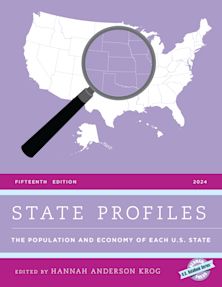Mobilities of Self and Place
Politics of Wellbeing in an Age of Migration
Mobilities of Self and Place
Politics of Wellbeing in an Age of Migration
Description
When it comes to migration, there is no level playing field. Some people are privileged, advantaged, and supported and others are marginalised, persecuted, and traumatised. The extension of the rights and equalities for which many people advocate, and provision of other extrinsic conditions are insufficient for wellbeing. This work asks: what is sufficient? What is it that people do—and can do—to change their experience from suffering to wellbeing when handling challenges of migration and other mobilities?
What helps people when they are migrating? What have migrants experienced and learned that could be useful to others facing challenges of mobility and change? How can this learning be applied to promote greater social wellbeing and care of environments, in an increasingly mobile world?
Mobilities of Self and Place documents rich conversations with regular migrants and refugees to critically consider migration history, human rights, place, self, and mobilities studies. The work explores ontological and epistemological questions of sense of self, sense of place, identity and agency. Mahni Dugan helps us understand how the relationship between sense of place and sense of self affects the ability of migrants to relocate with wellbeing. The movement from global to local, social to personal, intellectual to experiential offers a broad societal understanding of the phenomena and challenges of contemporary mobilities.
Table of Contents
1. Mobilities of Place and Self
2. Meta-Narratives and Agency
3. All the World is the Stage
Part II: Lived Experience
4. Regular Migrations
5. Irregular Migrations
6. Mobile Lives
Part III: Challenges of Resettlement
7. Settling in New Places
8. Dilemmas of Difference
9. Identity and Belonging
Part IV: Moving Forward
10. Vital Sensibilities
11. What Legacy Will We Leave?
Bibliography
Index
Product details
| Published | 16 Nov 2019 |
|---|---|
| Format | Ebook (Epub & Mobi) |
| Edition | 1st |
| Extent | 280 |
| ISBN | 9781786611611 |
| Imprint | Rowman & Littlefield Publishers |
| Illustrations | 18 b/w illustrations; |
| Publisher | Bloomsbury Publishing |
Reviews

ONLINE RESOURCES
Bloomsbury Collections
This book is available on Bloomsbury Collections where your library has access.


































